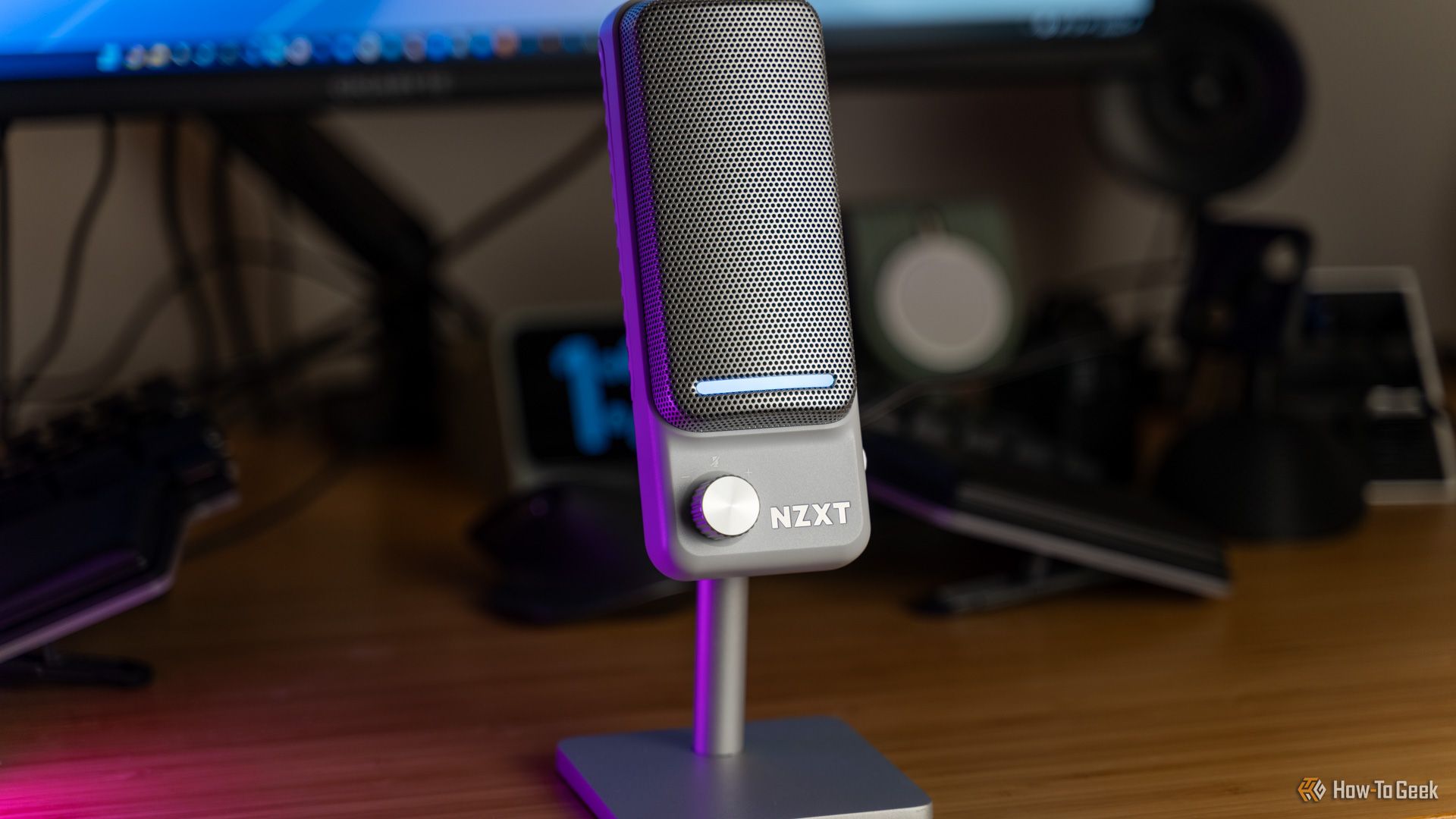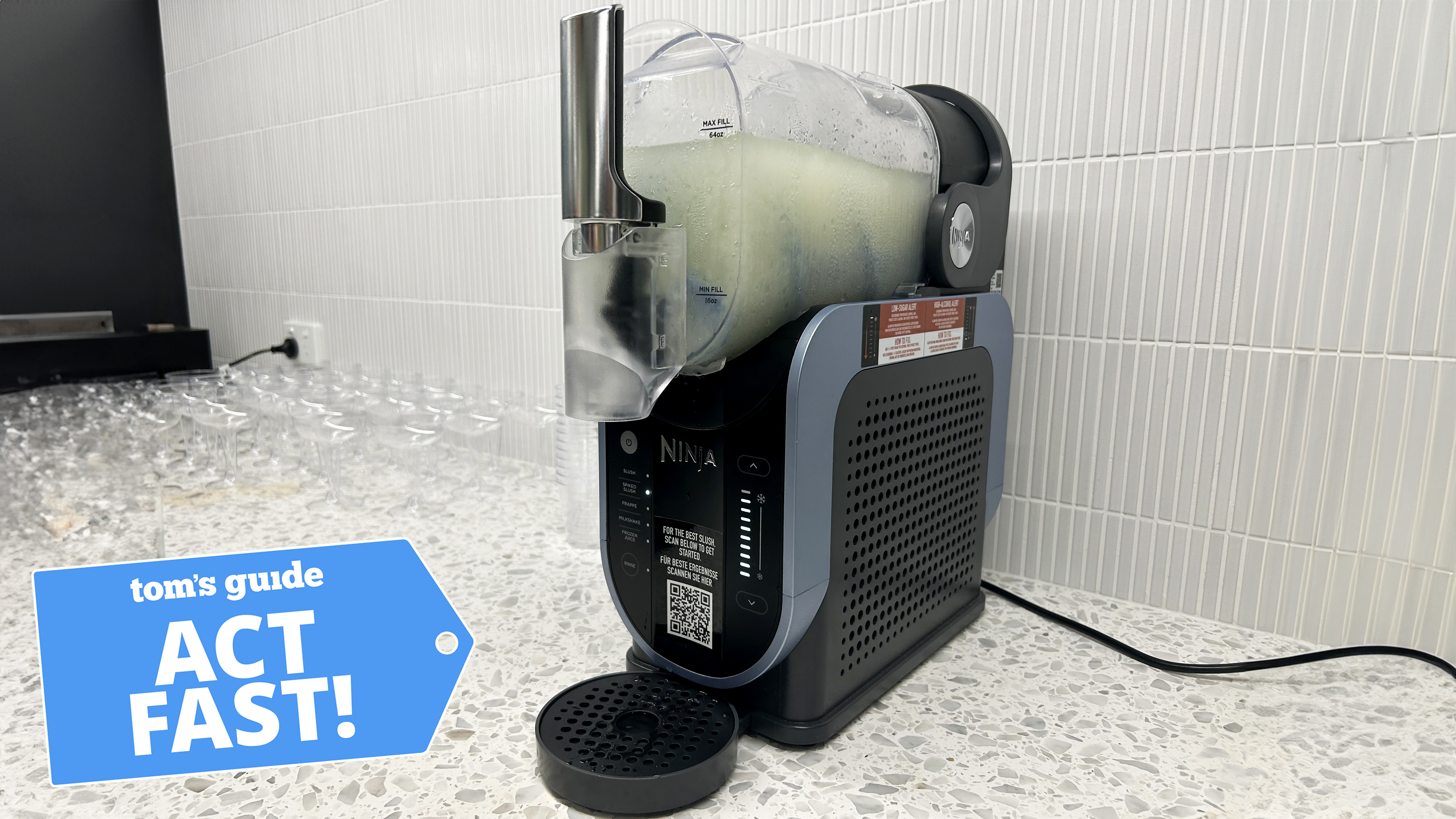Vendor Spotlight: Twingate

Twingate Inc. is the company behind the Twingate solution. Twingate aims to provide a modern alternative to traditional VPNs by offering Zero Trust Network Access (ZTA).
The technology that Twingate operates is actually a reconfiguration of VPN systems and it is particularly relevant to companies that run a virtual operation with a remote-first employment policy. The system also treats access to on-premises and cloud-based applications and resources in the same way. Everyone’s connections to services travel through the VPN with the VPN server acting as a hub for authentication.
Although this method of operating security and access rights is relatively new, the market for ZTA is already getting crowded. As well as examining Twingate Inc and its services, we will look at the rivals in the field.
Founding and Background
Twingate Inc. is a cybersecurity company that was founded in 2019 by three entrepreneurs: Tony Huie, Alex Marshall, and Lior Rozner. The business’s location was founded at Redwood City, in the tech hub San Francisco Bay Area. The site of the business was dedicated by the location of the three founders, who had a long history of working in the tech sector.
The company focuses on modernizing and simplifying secure remote access, offering solutions that allow businesses to provide employees secure access to internal networks and resources, even when working remotely. Its product is a cloud-based zero-trust network access (ZTNA) platform, which replaces traditional virtual private networks (VPNs) with a more secure and scalable architecture.
Twingate was built to address the potential of VPNs. The VPN technology was invented to protect traffic from a user to the VPN server but then provides no protection from the VPN server to the destination. The Twingate solution is to have a persistent VPN from the user to the VPN server and another from the target resource to the VPN server. The service implements access rights management at the VPN server.
Unlike many Silicon Valley startups, Twingate didn’t seek seed funding. The founders ran the company off their own savings for the first year and a half. The company raised $17 million in Series A funding in October 2020. The Series B funding round took place in April 2022 and raised $42 million.
Timeline and Evolution
- 2019: Founding of Twingate. The company was founded with a vision to address the growing demand for remote access security in a world moving towards hybrid and remote work models.
- October 2020: Product launch amidst global shift to remote work because of COVID-19 lockdown. The company raises $17 in Series A funding.
- 2021: Growing demand and expansion of features, adding on single sign-on and multi-factor authentication through connections to third-party providers.
- 2022: Twingate started rolling out advanced features, such as improved identity-based access, granular access controls, network segmentation, and micro-segmentation.
- April 2022: Series B funding raises $42 million. This event valued the company at $400 million.
- 2023: Cloud & SaaS Integration: Twingate increasingly focused on cloud-native and SaaS environments, integrating its solution with platforms like AWS, Azure, and Google Cloud.
- 2024: By this point, Twingate had achieved compliance with multiple security standards, such as SOC 2 Type II and GDPR.
Today, Twingate is focusing on introducing AI-based threat detection and automated policy enforcement. Up to this point, the security features of the package relied on the standard access blocking mechanisms of a typical VPN and access rights management operating within the VPN hub, guarding traffic traveling to a resource.
Company Ownership
The three founders of Twingate Inc. were its owners in the first year of the company’s existence. The three still own stakes in the business, but these have been reduced as a percentage of shares due to the two funding rounds. These firms acquired shares in the company in return for their investment. These are:
- WndrCo
- Green Bay Ventures
- 8VC
- SignalFire
- 345 Partners
- Annox Capital
- BOND Capital (San Francisco)
- Granite Hill Capital Partners
- Drew Houston (individual)
- Arash Ferdowsi (individual)
- Christopher Farmer (individual)
Drew Houston and Arash Ferdowsi are the two founders of Dropbox. Tony Huie, one of the founders of Twingate worked at Dropbox from 2011 to 2016. Huie left Dropbox to become a partner at SignalFire, a venture capital firm, where he is still a member. So, Huie’s contacts brought in three of Twingate’s investors.
Key People
The most significant people in the history of Twingate Inc. are the company’s founders. They also took key executive roles and still fill them. All three also have business interests outside Twingate.
- Tony Huie (Chief Executive Officer): He has a background in venture capital, taking executive roles at the companies in which he and his partners at SignalFire invested. The only exception to this work pattern occurred when Huie took a role at Dropbox, first as its Head of Business Operations and then as the head of International and New Markets.
- Alex Marshall (Chief Product Officer): Marshall is British, but he moved to the USA to study Electrical Engineering at Stanford University. He followed a career in IT, including stints at Automony’s US offices and at Dropbox, where is path crossed with that of Tony Huie. He took the role of Chief Product Officer at the business and stayed in the role until 2024, when he downshifted, moved back to the UK, and focused his time on advising entrepreneurs on how to create a startup. He is still an advisor and shareholder at Twingate.
- Lior Rozner (Chief Technology Officer): Rozner is an Israeli and he moved to the USA in order to follow a career in technology. Microsoft is among the companies that Rozner has worked at. He eventually started his own business, called Wondermall and he has been a company executive for a number of enterprises since then. Rozner became the Chief Technology Officer (CTO) of Twingate at its creation and he still holds that position. He is responsible for the implementation of the Twingate platform.
Locations
Twingate was founded in Redwood City, California and its headquarters is still in that location. Redwood City is in the San Francisco Bay Area and it is at the center of Silicon Valley.
Twingate is a remote-first business and so most of its employees work from home. The company hasn’t opened offices anywhere else and runs all of its business functions from its central office.
Twingate Target Market and Customer Base
Twingate’s target market and customer base focus on businesses seeking secure, scalable, and user-friendly remote access solutions. The company’s zero-trust network access (ZTNA) platform addresses the needs of organizations across various industries, particularly those with a distributed or hybrid workforce.
Below are the key segments of its target market:
1. Small to Medium-Sized Enterprises (SMEs)
SMEs that need connection and access security without the complexity and high costs associated with legacy VPNs.
Market sector issues:
- Limited IT resources to manage complex security infrastructures.
- Growing cybersecurity threats from remote or distributed workforces.
- Need for a seamless, easy-to-deploy security solution that scales with business growth.
Twingate solution:
- Cloud-based system
- Fast deployment
- Low-maintenance approach to secure access
- Can be managed by an administrator without technical expertise
2. Large Enterprises
Enterprises requiring scalable, zero-trust security across global or remote teams, with the need to protect access to sensitive data and systems.
Market sector issues:
- Complex and dynamic infrastructures with employees working across different regions.
- Security risks associated with granting excessive network access to remote workers.
- Integrating remote access into existing security frameworks without major disruptions.
Twingate solution:
- Enterprise-grade security
- Integrates with existing infrastructure
- Manages usage of resources in hybrid environments
- Low-latency access to global workforces
3. Hybrid and Remote Workplaces
Companies that have shifted to hybrid or fully remote work models post-pandemic.
Market sector issues:
- Securely managing a remote workforce without exposing entire networks to risks.
- Performance bottlenecks from traditional VPN setups that can’t handle modern traffic loads efficiently.
- Providing remote employees access to internal resources without compromising on security.
Twingate solution:
- Provide employees with secure, direct access to only the resources they need
- Covers on-premises, cloud, and hybrid environments
- Reducing latency
- Improves user experience
4. Tech and SaaS Companies
Technology-driven companies that rely heavily on cloud infrastructure, rapid product development, and distributed teams.
Market sector issues:
- Protecting sensitive intellectual property and customer data.
- Enabling secure developer and engineering access to development environments, repositories, and cloud resources.
- Securing access to SaaS and cloud-based tools.
Twingate solution:
- Scalable and flexible
- Zero-trust approach
- Manages access to their highly sensitive, cloud-based environments
- Maintains operational efficiency
5. Financial Services
Banks, investment firms, and fintech companies requiring strict security and compliance standards.
Market sector issues:
- Protecting financial data and ensuring secure remote access to systems in a heavily regulated industry.
- Meeting compliance with regulations such as SOC 2, GDPR, and PCI-DSS.
- Preventing insider threats and unauthorized access to sensitive financial systems.
Twingate solution:
- Zero-trust security framework
- Compliance management
- High-security access
- Granular control over who can access specific financial resources
6. Healthcare and Life Sciences
Hospitals, clinics, and life science organizations that need to secure access to sensitive patient data and research environments.
Market sector issues:
- HIPAA compliance and protecting electronic health records (EHRs).
- Securing access for healthcare providers, staff, and remote workers to critical systems.
- Ensuring uninterrupted access to medical applications without sacrificing security.
Twingate solution:
- Zones of trust
- Divide different data according to the audience
- Restrict access to sensitive data
- HIPAA-compliant
7. Manufacturing and Industrial Sectors
Companies that need secure remote access to operational technology (OT) systems, factory networks, and industrial control systems.
Market sector issues:
- Securing remote access to manufacturing systems without exposing the entire network.
- Minimizing risks of cyberattacks on critical industrial systems.
- Integrating remote management systems for distributed plants and facilities.
Twingate solution:
- Secure access solutions
- Sitewide connections for remote sites
- Centralize application management
- Controls networks from outside threats
Customer Base
Twingate’s customer base spans various industries but includes prominent technology companies, enterprises in regulated sectors (such as finance and healthcare), and organizations that operate in hybrid work environments. Specific companies or verticals have not been widely disclosed, but customers typically share a need for secure remote access, reduced network exposure, and improved compliance with security regulations.
Twingate Product Suite
Twingate provides a suite of products focused on secure, remote access through a Zero Trust Network Access (ZTNA) model. The platform is designed to replace traditional VPNs by offering a more scalable, secure, and user-friendly approach to managing access to corporate resources, whether hosted on-premise, in the cloud, or across hybrid environments.
Here’s an overview of Twingate’s core product offerings:
1. Twingate Zero Trust Network Access (ZTNA) Platform
This is the core product that Twingate offers, designed to provide businesses with secure, zero-trust remote access to internal resources. It is built to simplify the management of access to private resources for employees, contractors, and third parties without exposing the entire network, as is the case with traditional VPNs.
Key Features:
- Zero-trust security: Every access request is authenticated and authorized, with users gaining access only to the specific resources they need.
- Granular access controls: Administrators can create fine-grained policies to control which users or devices have access to specific resources.
- Identity-based access: Integration with leading identity providers like Okta, Azure AD, and Google Workspace to manage access based on user identity.
- Network segmentation: Limits exposure by ensuring users and devices can only access authorized resources, not the entire network.
- Microsegmentation: Further refines network security by limiting communication between devices, isolating them to reduce attack surfaces.
- Multi-cloud support: Works seamlessly across public clouds, including AWS, Google Cloud, and Azure.
- Low-latency, High-Performance: Provides faster and more reliable access compared to traditional VPNs, improving the end-user experience for globally distributed teams.
2. Twingate Connector
The Twingate Connector is an essential component of the product suite that enables secure access to internal resources, such as databases, applications, and servers. The Connector can be deployed in any environment, including on-premises data centers, cloud infrastructures, or hybrid systems.
Key Features:
- No network changes: Can be deployed without reconfiguring network settings or firewall rules.
- Cloud and on-premises compatibility: Connects users to resources regardless of where they are hosted.
- Easy deployment: A lightweight software solution that can be quickly deployed in minutes, scaling as needed.
3. Twingate Controller
The Twingate Controller is the control plane that handles user authentication and policy enforcement. It integrates with identity providers (IDPs) and orchestrates secure connections between users and resources.
Key Features:
- Policy management: Allows administrators to create, update, and enforce security policies that define user access based on identity and device context.
- Identity provider integration: Works with Okta, Azure AD, Google Workspace, and others for single sign-on (SSO) and multi-factor authentication (MFA).
- Device posture check: Ensures that only devices meeting certain security criteria (e.g., OS version, security updates) can access sensitive resources.
- Audit logs: Provides detailed logging and visibility into access attempts and user activity for compliance and monitoring.
4. Twingate Client
The Twingate Client is a lightweight app installed on user devices Windows, macOS, Linux, Chrome OS, iOS, and Android). It securely connects the device to authorized resources by facilitating the user’s access through the zero-trust network.
Key Features:
- Cross-platform compatibility: Available on major operating systems, ensuring all employees can securely connect, regardless of their device.
- Seamless user experience: The app runs silently in the background, requiring minimal interaction from users and providing a VPN-like experience.
- Device security: Ensures the device posture meets security requirements before granting access.
- Automatic updates: Keeps the client software up-to-date with security patches and features, reducing the administrative burden.
5. Twingate Admin Console
The Admin Console is the management interface where administrators can configure settings, manage users, create access policies, and monitor network activity.
Key Features:
- User and group management: Admins can easily manage users, assign them to groups, and specify the resources they can access.
- Policy configuration: Create granular security policies that dictate who can access which resources, from where, and under what conditions.
- Access monitoring and reporting: Provides visibility into user activity, access patterns, and security events, helping identify potential security risks.
- Integration with security tools: Works with SIEMs and other monitoring tools for centralized security and compliance management.
- Audit trail: Maintains an audit trail of all access requests and security incidents for compliance reporting and investigation.
6. Twingate for DevOps and Engineering Teams
Twingate provides specific capabilities to enhance secure remote access for DevOps and engineering teams, particularly those needing secure access to cloud environments, code repositories, and internal development tools.
Key Features:
- GitHub, GitLab, and Cloud Integration: Secures access to cloud-based development platforms and repositories (AWS, Azure, GCP, GitHub, etc.).
- Privileged Access Management (PAM): Enables administrators to grant and monitor privileged access to sensitive resources without exposing the entire network.
- Role-Based Access Control (RBAC): Allows for role-specific access, ensuring developers only access the systems they require for their specific tasks.
7. Security and Compliance Features
Twingate’s product suite includes advanced security and compliance capabilities, designed to meet the needs of heavily regulated industries (such as finance and healthcare).
Key Features:
- SOC 2 Type II and GDPR compliance: Built with data security and privacy in mind, ensuring businesses can meet compliance requirements.
- Data encryption: All traffic is protected with 256-bit AES encryption.
- MFA and SSO support: Multi-factor authentication and single sign-on integration.
8. Twingate API and Integrations
Twingate provides APIs and integration capabilities, allowing businesses to integrate their remote access and security infrastructure with other tools in their tech stack.
Key Features:
- API for custom workflows: Allows for automation and customization of security policies, user provisioning, and more.
- Integration with monitoring and security tools: Interfaces with SIEM, logging tools, such as Splunk and Datadog Cloud SIEM, and identity management solutions including Okta and Azure AD.
Twingate’s Zero Trust Network Access (ZTNA) Platform is designed as a modern, cloud-based alternative to traditional VPNs, aiming to enhance security, improve user experience, and simplify management for organizations with distributed teams. Twingate’s platform grants access based on identity and device posture rather than providing broad network access.
Key Features:
- Zero Trust Architecture: Unlike traditional VPNs, Twingate’s platform enforces a zero-trust security model, which is also known as microsegmentation.
- Granular access controls: An administrator defines detailed security policies, granting users access only to the specific resources they need.
- Seamless integration: The platform integrates with major identity providers, such as Okta, Azure AD, and Google Workspace, enabling Single Sign-On (SSO) and Multi-Factor Authentication (MFA).
- Fast and low-latency performance: Better performance compared to traditional VPNs, particularly for global and remote teams.
- Scalable deployment: Whether you’re a small startup or a large enterprise, Twingate can scale to meet your needs.
Twingate’s ZTNA platform stands out for its simplicity, scalability, and security. While VPNs grant users broad access to the network, Twingate’s zero-trust approach restricts access to only the resources each user requires, thereby reducing the risk of breaches and insider threats. Its performance, particularly in global teams, addresses one of the biggest complaints about VPNs: slow, unreliable connections.
Pros:
- User-friendly client application: User access is through an app that is similar to a VPN client but it also has a menu of the services to which the user has access rights.
- Improved security: The zero-trust model significantly reduces the attack surface, ensuring that users only access authorized resources.
- Cost-effective: A better deal than traditional VPN solutions, especially for companies with large, distributed workforces.
- Cross-platform compatibility: Twingate apps are available for Windows, macOS, Linux, iOS, Android, and Chrome OS.
- Compliance and audit features: The platform offers built-in logging and auditing tools, which are essential for businesses in regulated industries such as finance and healthcare.
Cons:
- Limited offline access: Twingate requires internet connectivity to authenticate and access resources.
- Dependent on third-party integrations: Relies on its integrations with identity providers like Okta and Azure AD – you have to pay for those services separately.
Other Notable Products
1. Twingate Connector
The Twingate Connector is a lightweight software component that plays a critical role in Twingate’s Zero Trust Network Access (ZTNA) architecture. It serves as the bridge between users and the private resources they need to access, such as internal applications, databases, and cloud services. One of its key advantages is that it can be deployed across any environment, whether on-premises or in the cloud, without requiring changes to existing network infrastructure or firewall rules.
From a security perspective, the Connector ensures that no open ports are exposed to the internet, drastically reducing attack surfaces. It supports multiple deployment environments, and since it doesn’t require a dedicated hardware appliance, it’s highly scalable and cost-effective. The Connector allows organizations to manage traffic securely and invisibly, offering granular control over which users or devices can access specific resources.
2. Twingate Controller
The Twingate Controller serves as the central command in Twingate’s Zero Trust Network Access (ZTNA) architecture, handling all the critical tasks of user authentication, policy enforcement, and access orchestration. It integrates with identity providers like Okta, Azure AD, and Google Workspace, allowing for streamlined Single Sign-On (SSO) and Multi-Factor Authentication (MFA). The unit verifies user identity and device posture, ensuring that users only gain access to specific resources, reinforcing the zero-trust model.
In addition to identity management, the Controller serves as the policy engine for the platform, enabling administrators to configure, update, and enforce security policies from a single interface. This centralization of control simplifies the management of user access across hybrid or multi-cloud environments. The Controller is highly scalable and capable of supporting growing enterprises without requiring additional infrastructure changes.
Major Competitors
Here are six major competitors of Twingate:
- Zscaler (Zscaler Private Access – ZPA) One of the leaders in the cloud security space, providing a range of security products. Its Zscaler Private Access (ZPA) solution offers zero-trust network access, providing secure, seamless remote access to internal applications without the need for VPNs.
- Cloudflare (Cloudflare Access) Part of Cloudflare’s broader security offering, allowing companies to secure applications and remote access using a zero-trust framework. It integrates with existing identity providers and offers fast, secure connections through Cloudflare’s vast global network.
- Okta (Okta Identity Cloud with Advanced Server Access) Primarily known for its identity and access management solutions. Its Advanced Server Access integrates zero-trust principles to provide secure access to cloud infrastructure and internal applications. It ties closely with Okta’s identity platform to manage user access.
- Palo Alto Networks (Prisma Access) A cloud-based platform offering secure access to applications, data, and services, along with advanced threat protection. It’s a comprehensive solution that includes zero-trust capabilities alongside firewall, threat detection, and SD-WAN features.
- Perimeter 81 Provides a cloud-based, zero-trust network security solution with a focus on secure remote access, replacing traditional VPNs. The platform offers a user-friendly interface, zero-trust access policies, and is tailored to SMEs and growing enterprises.
- Cisco (Cisco Secure Access by Duo) Provides multi-factor authentication (MFA) and zero-trust security for remote access. Cisco Secure Access combines strong authentication, device trust, and adaptive access policies to secure access to any application.
Source link











